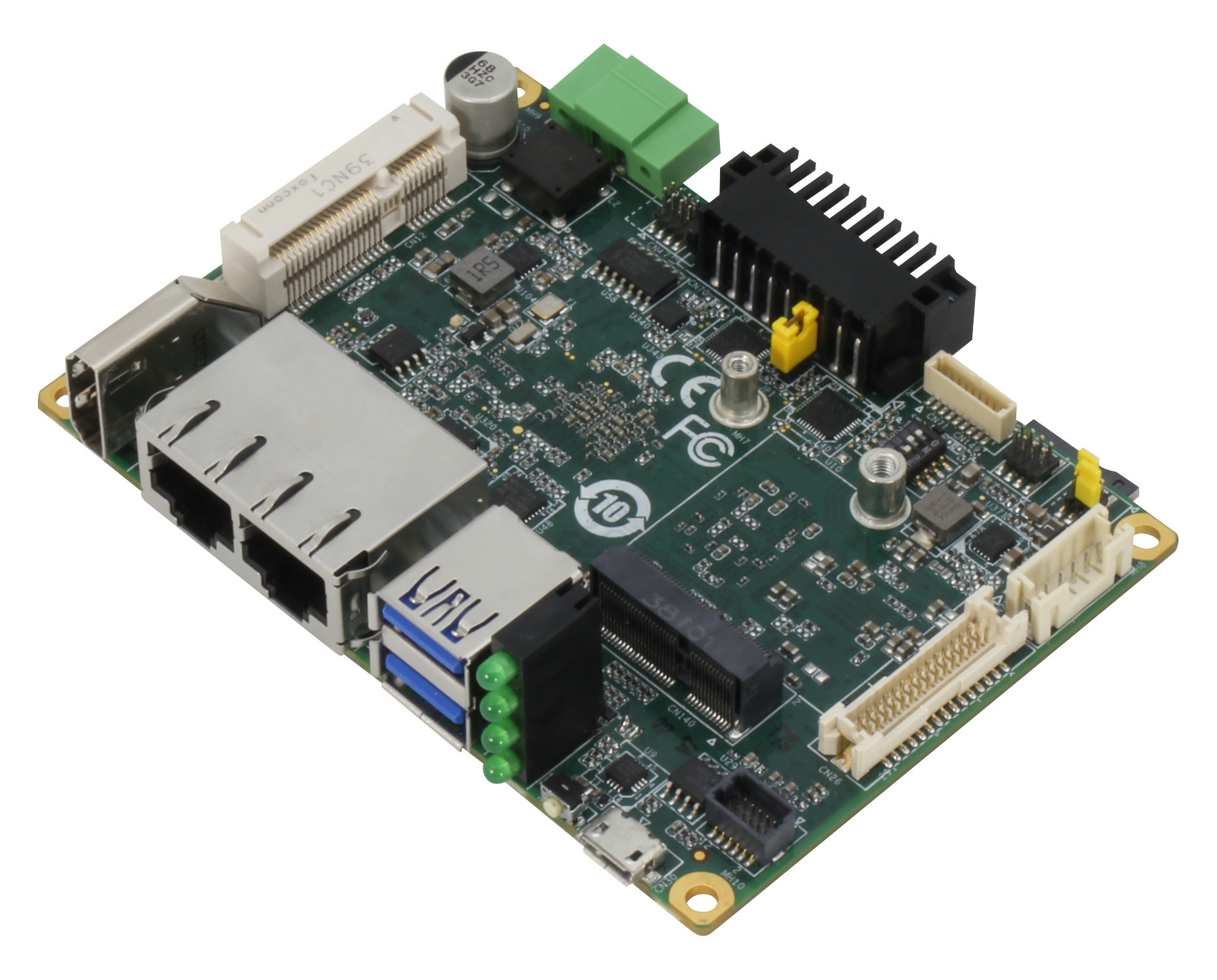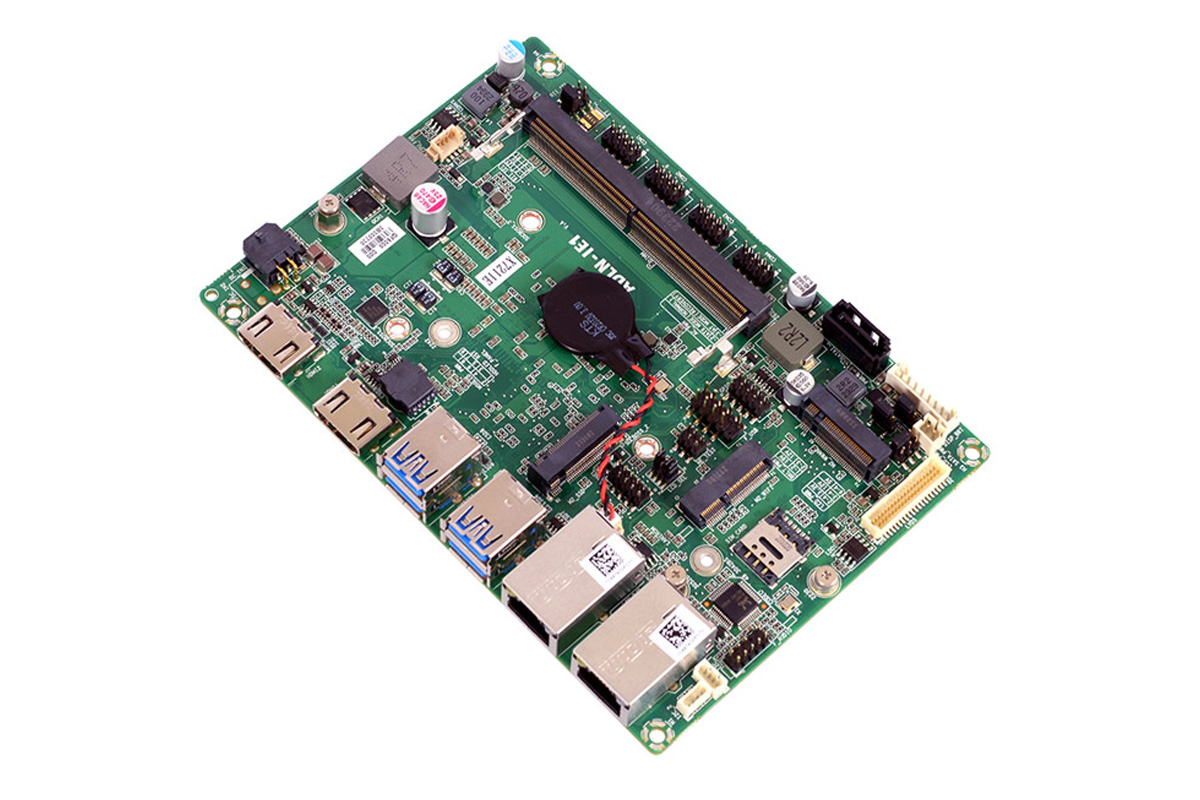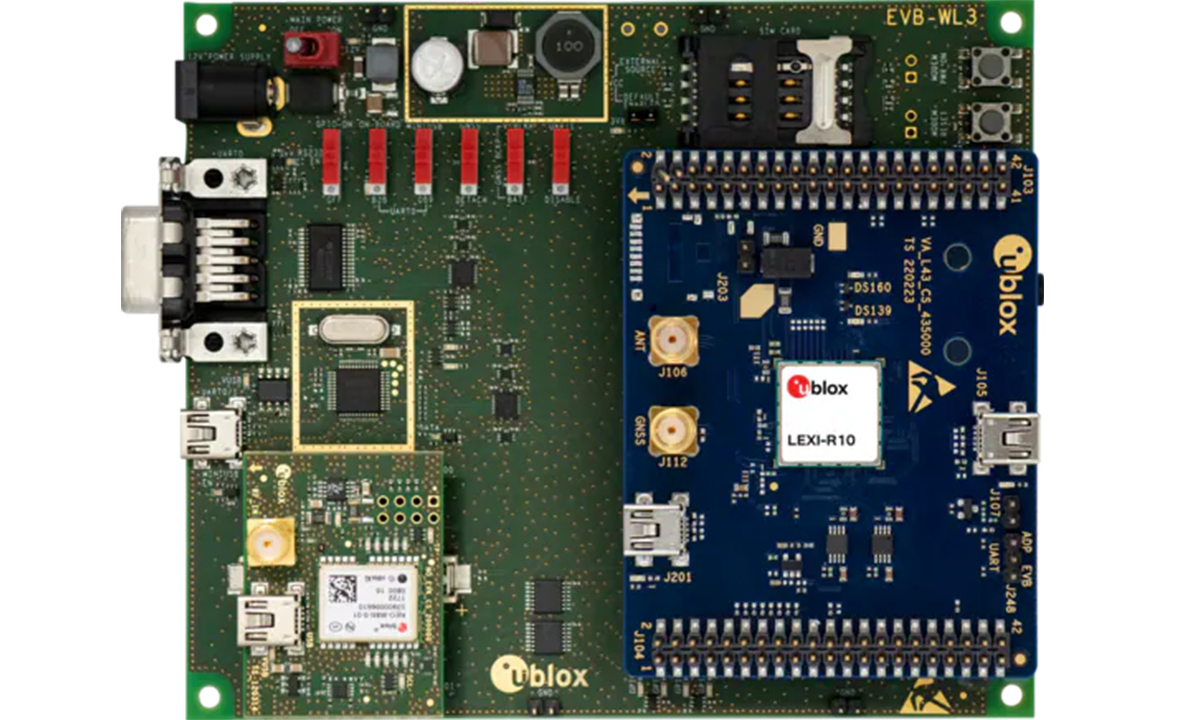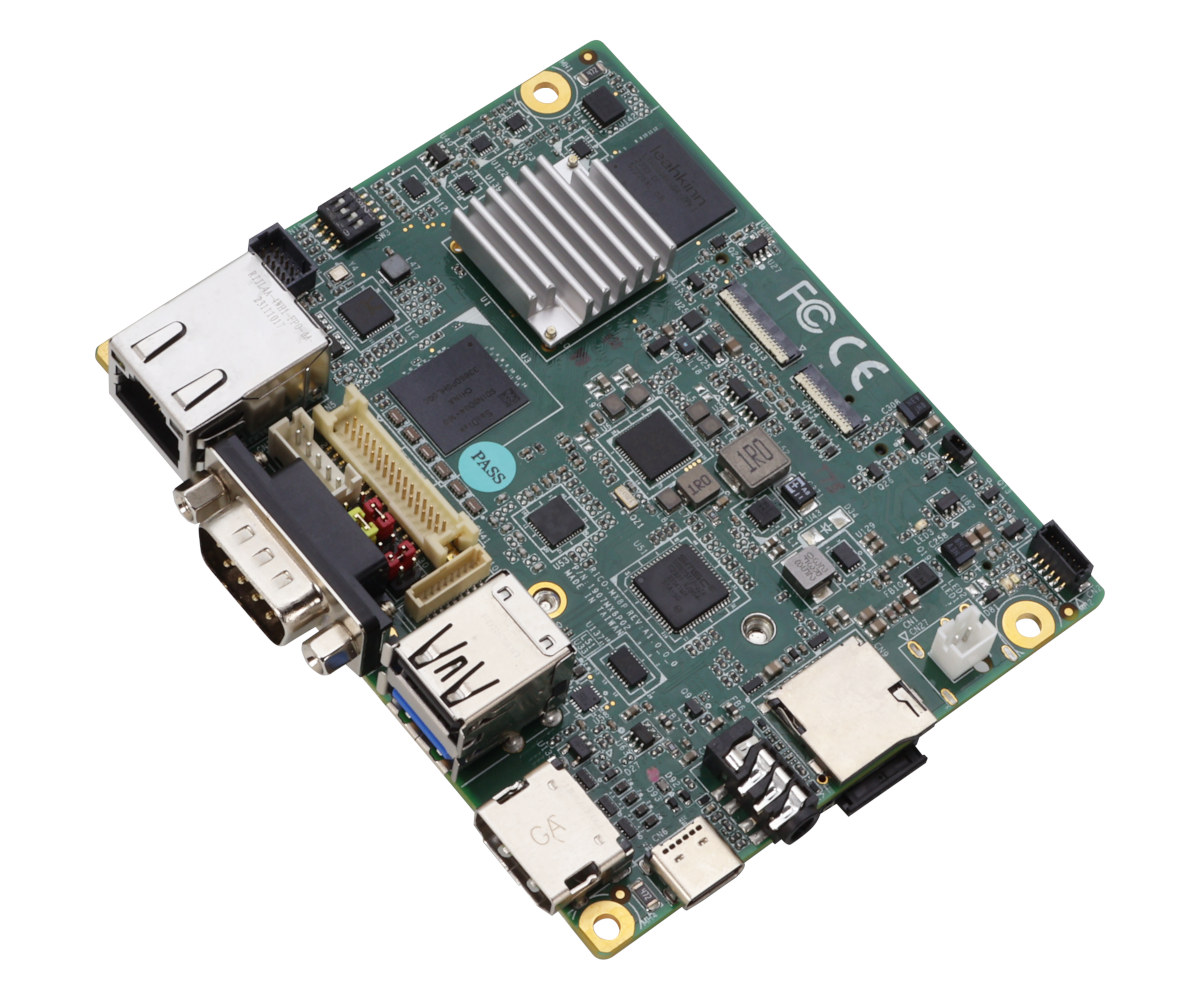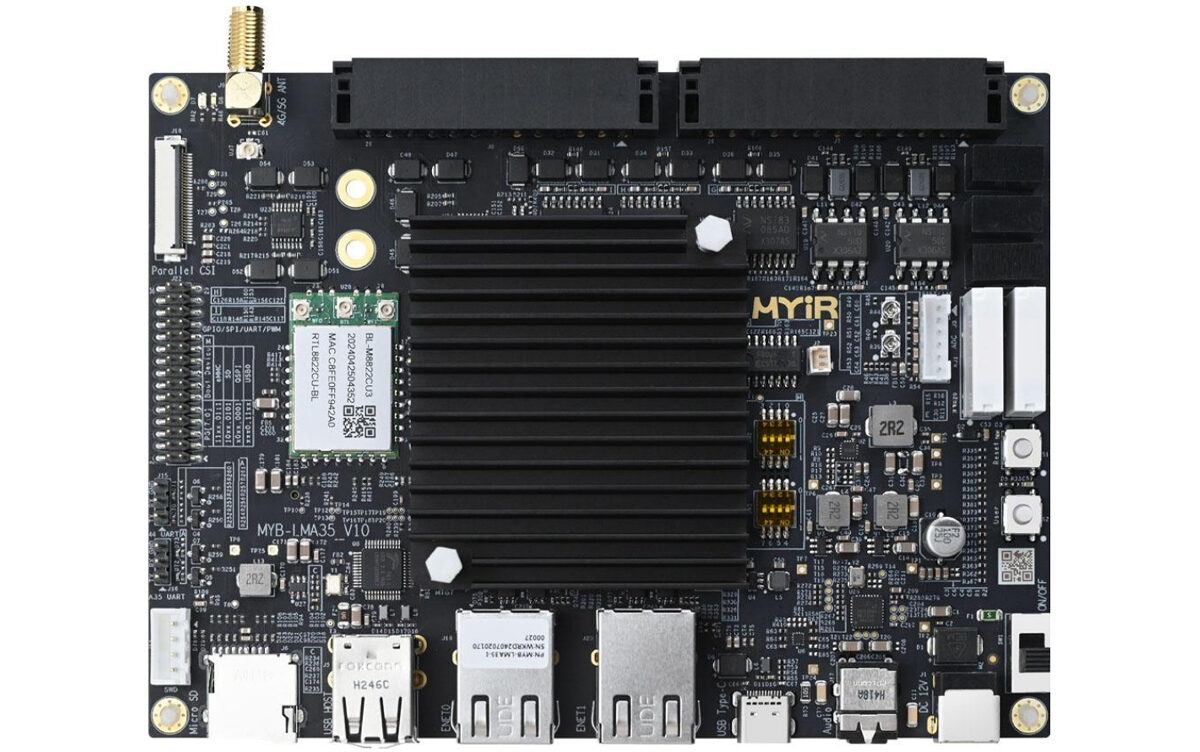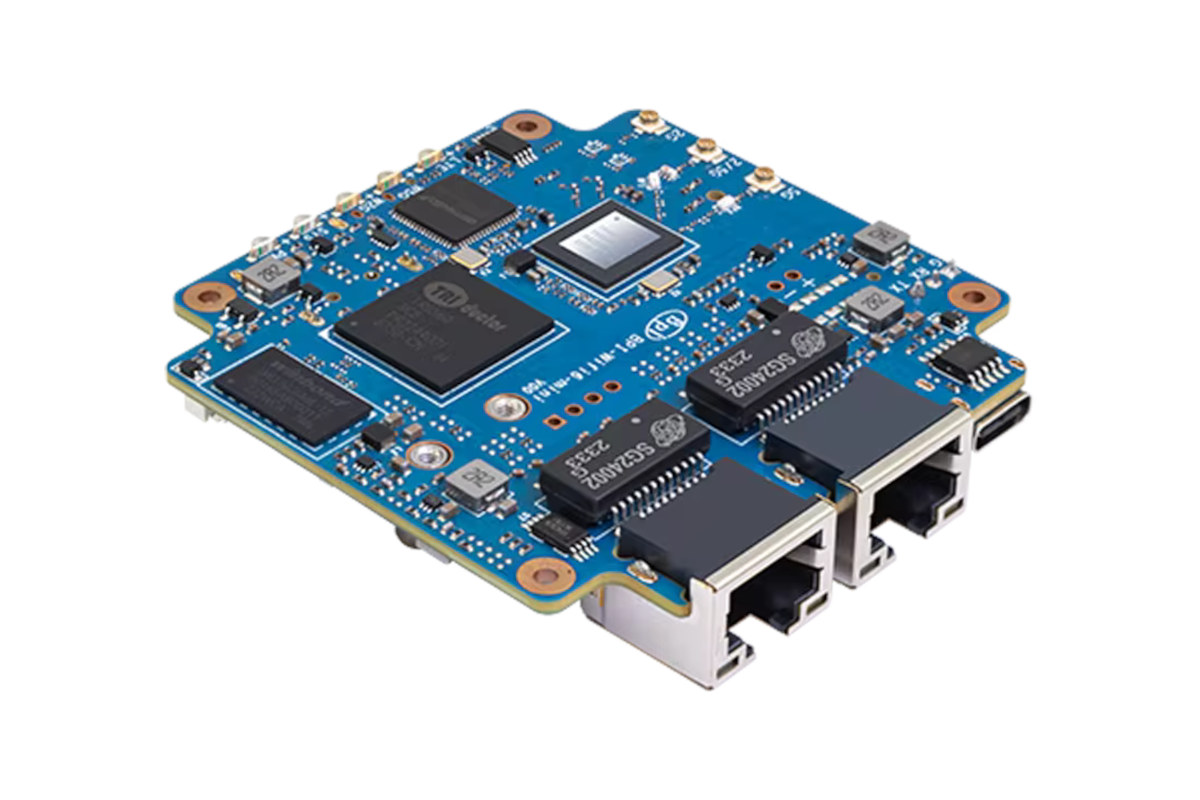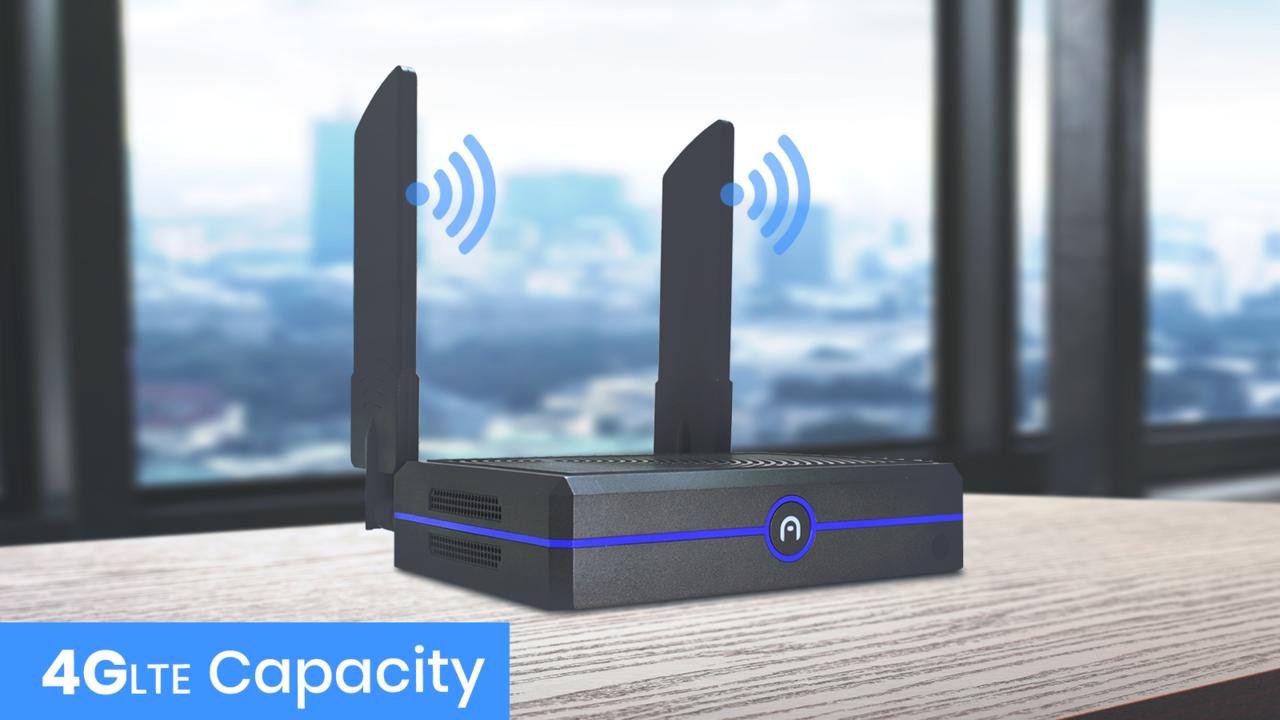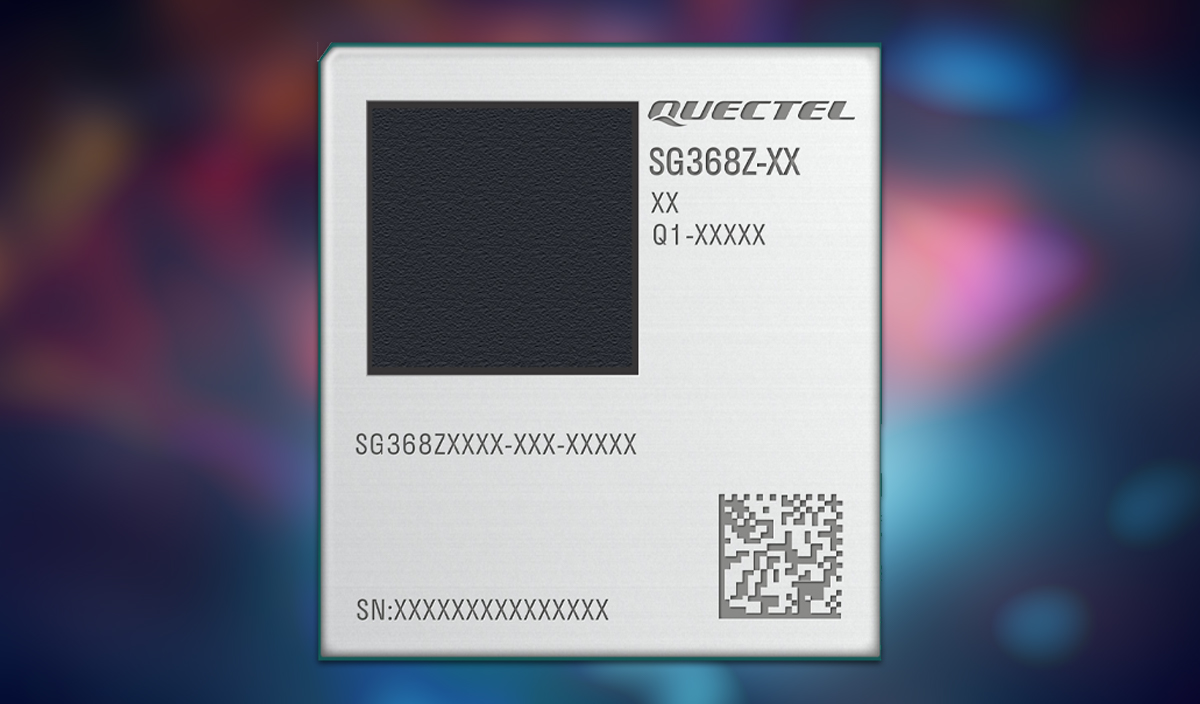AAEON PICO-IMX8PL is a Pico-ITX SBC built around the NXP i.MX 8M Plus Edge AI processor which the company has also released in an enclosed form as the SRG-IMX8PL mini-PC. Both are designed for industrial AIoT/IoT applications. The SBC features various connectivity options including dual Gigabit Ethernet, Wi-Fi/Bluetooth, 4G LTE, CAN-FD, Audio, LVDS, and support for popular protocols like Modbus, MQTT, and OPCUA. Whereas the mini PC sacrifices some I/O interfaces and the LVDS display output to enable wall or DIN rail mounting. Both products have wide operating temperature ranges, fanless designs, and compact form factors making them ideal for deployment in harsh industrial environments. All these features make this device useful for industrial automation, transportation, and digital signage. AAEON PICO-IMX8PL Pico-ITX SBC and RG-IMX8PL mini-PC specifications SoC – NXP i.MX 8M Plus AI SoC CPU Quad-core Arm Cortex-A53 processor @ up to 1.6 GHz Arm Cortex-M7 real-time core @ 800 […]
ECS ADLN-IE1S – A 3.5-inch Alder Lake-N industrial motherboard with solid capacitors and 15µ gold contact
ECS Industrial Computer has recently launched the ECS ADLN-IE1S 3.5-inch industrial motherboard built around the Intel Alder Lake-N SoC family. Other than that, the motherboard supports DDR5 memory, 2.5 Gbps Ethernet, and triple display capabilities via a dual HDMI port, and an LVDS port. It also features multiple expansion slots for SSDs and WiFi modules including various I/O options including USB 3.2, serial ports, GPIO, and more. The motherboard is designed for industrial applications, so it has a wide operating temperature range making it suitable for applications including automation, control systems, digital signage, and kiosks. Previously we have written about motherboards designed for industrial applications like the DFI RPS310, the ASRock NUC Ultra 100 motherboards, the Kontron K3931-N mITX, and many others. The main difference is that this new ESC ADLN-IE1S motherboard comes in a 3.5-inch form factor whereas the other comes in a MINI-ITX or MICRO-ATX form factor. ECS ADLN-IE1S […]
u-blox EVK-LEXI-R10 evaluation kits feature LEXI-R10 LTE Cat 1bis and MAX-M10S GNSS modules for Cellular IoT and GPS connectivity
u-blox has developed the EVK-LEXI-R10 evaluation kits to help engineers test and evaluate their LEXI-R10 LTE Cat 1bis cellular modules. These compact modules support data speeds of up to 10Mbit/s for downloads and 5Mbit/s for uploads, all while using very little power. They also include built-in Wi-Fi to scan indoor hotspots and work with u-blox’s CellLocate service for both indoor and outdoor tracking. Available in regional variants, the boards and kits are certified by major mobile operators, including those in the US. The LEXI-R10 series by u-blox features the world’s smallest LTE Cat 1bis modules in the LEXI LGA form factor. The EVK-R10 kits simplify the evaluation of these multi-band LTE Cat 1bis modules. The EVK-R10401D kit supports the LEXI-R10401D module for North American operations, the EVK-R10801D kit supports the LEXI-R10801D module for Europe, Middle East, Africa, and Asia-Pacific, and the EVK-LEXI-R10001D kit supports the LEXI-R10001D module with global coverage. […]
AAEON RICO-MX8P fanless Pico-ITX Plus SBC is powered by NXP i.MX 8M Plus AI processor
AAEON has launched another Pico-ITX Plus SBC with the RICO-MX8P single board computer powered by an NXP i.MX 8M Plus SoC with a 2.3 TOPS AI accelerator and equipped with up to 8GB LPDDR4 and a 16GB eMMC flash. The fanless 100x80mm board offers a range of interfaces such as HDMI 2.0 video output, gigabit Ethernet, two USB 3.2 Gen 1 ports (one Type-C OTG, one Type-A), RS-232/422/485 DB9 connector, and a 40-pin FPC connector for optional daughter boards. All these features make the RICO-MX8P SBC suitable for digital signage, retail kiosks, and industrial control systems such as PLCs and telemetry. AAEON RICO-MX8P specifications: SoC – NXP i.MX 8M Plus AI SoC CPU Quad-core Arm Cortex-A53 processor @ up to 1.6 GHz Arm Cortex-M7 real-time core @ 800 MHz GPU – Vivante GC7000UL 3D GPU, Vivante GC520L 2D GPU VPU – 720p60 H.265/H.264 video decoder & encoder Optional AI accelerator […]
Nuvoton NuMicro MA35D1-powered industrial SoM and dev board features dual GbE ports, cellular connectivity, and more
MYIR has recently introduced MYC-LMA35 industrial SoM and its associated development board built around the Nuvoton NuMicro MA35D1 microprocessor with two Arm Cortex-A35 cores and one Arm Cortex-M4 real-time core for processing. The SoM comes in a BGA package with connectivity options such as dual Gigabit Ethernet, cellular connectivity, Wi-Fi/Bluetooth, and various other interfaces like RS232, RS485, USB, CAN, ADC, GPIO, and more. All these features make this SoM and its associated dev board useful for demanding edge IIoT applications like industrial automation, energy management systems, smart city infrastructure, and remote monitoring solutions. Previously we have seen MYIR introduce various SoM and development boards like the MYC-LR3568 Edge AI SoM, and the MYC-YF13X SoM and we have also written about similar industrial dev boards such as the Firefly ROC-RK3576-PC, the Nuvoton NuMicro M2L31 development board, and many more. Feel free to check those out if you are interested in the topic. […]
$30 Banana Pi BPI-WiFi6 Mini is a dual GbE and WiFi 6 router board with optional 4G LTE or 5G cellular connectivity
Banana Pi BPI-WiFi6 Mini is an inexpensive WiFi 6 and dual Gigabit Ethernet router board with an M.2 Key-B socket and Nano SIM card slot to add 4G LTE or 5G cellular connectivity. It’s a smaller version of the Banana Pi BPI-WiFi 6 router board based on the Triductor TR6560 dual-core Arm Cortex-A9 processor and Triductor TR5220 WiFi 6 chipset that follows the form factor of the Banana BPI-R3 Mini low-profile router board based on MediaTek Filogic 830 processor. Banana Pi BPI-WiFi6 Mini specifications: SoC – Triductor TR6560 dual-core Arm Cortex-A9 processor @ 1.2 GHz with LSW (Line-Card Switching) and hardware NAT up to 5 Gbps WiFi chipset – Triductor TR5220 WiFi 6 chipset System Memory – 128MB DDR3 Storage – 128MB SPI NAND flash Networking 2x Gigabit Ethernet RJ45 ports WiFi WiFi 6 with 2×2 MIMO @ 2.4 GHz, 2×2 MIMO @ 5GHz Antennas – 2.4GHz antenna connector, 2.4GHz/5GHz […]
The Power of Azulle’s Elite mini PC: Unleashing 4G LTE Capabilities for Business Solutions (Sponsored)
Customizable mini PCs are becoming increasingly prominent among enterprises across a wide range of industries, such as IoT, digital signage, telemedicine, and much more. Mini PCs, which provide enterprises with greater customization options and the capacity to alter components, prove once more that size is no barrier to personalization. Barebone mini PCs have become more popular over the years as they are designed to give businesses the freedom to configure and install all their requirements to suit their preferences. This offers several advantages: enterprises can scale computing power by upgrading parts as required, saving money by avoiding full device replacements, and simplifying maintenance through easy component changes. The modular design also maximizes space efficiency while providing sufficient processing power. Azulle, one of the leading brands of mini PCs, has manufactured the Elite, an industrial grade, ultra-powerful barebone mini PC ensuring businesses remain future-proof and ready to tackle demanding environments. Key […]
Quectel SG368Z WiFi 5 and Bluetooth 4.2 smart module is built around Rockchip RK3568 SoC
The Quectel SG368Z Smart Module is an all-in-one hardware package built around a Rockchip RK3568 AI SoC that combines computing, graphics, storage, and connectivity in a compact form factor. The LGA module offers WiFi 5 and Bluetooth 4.2 connectivity, dual gigabit Ethernet networking, various video output options (HDMI, LVDS, RGB, MIPI, eDP), USB, PCIe, and many other features making it suitable for applications like smart homes, wearables, and industrial automation. Previously we have seen Quectel introduce various communication modules like the Quectel BG95-S5 5G, the Quectel KG200Z LoRa the Quectel RG255G RedCap IoT Module, and the Quectel CC660D-LS IoT-NTN module, but this is the first time we have seen Quectel release a Smart Module which can be certainly be considered as a SoM in a LGA package. Quectel SG368Z Smart Module specifications: SoC – Rockchip RK3568 CPU – Quad-core Cortex A55 processor at up to 2.0 GHz GPU – Mali G52 […]


